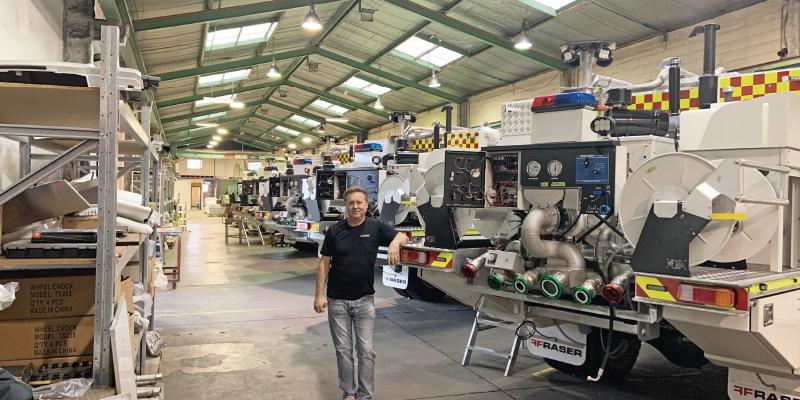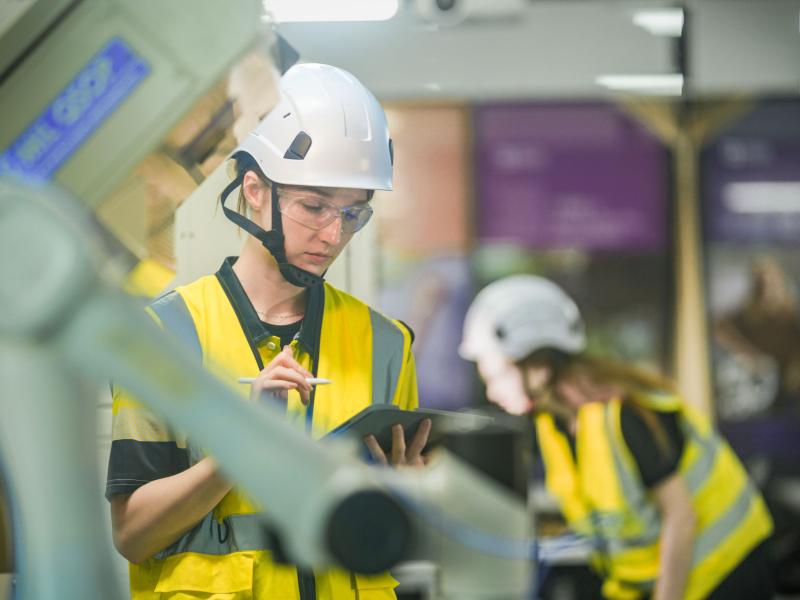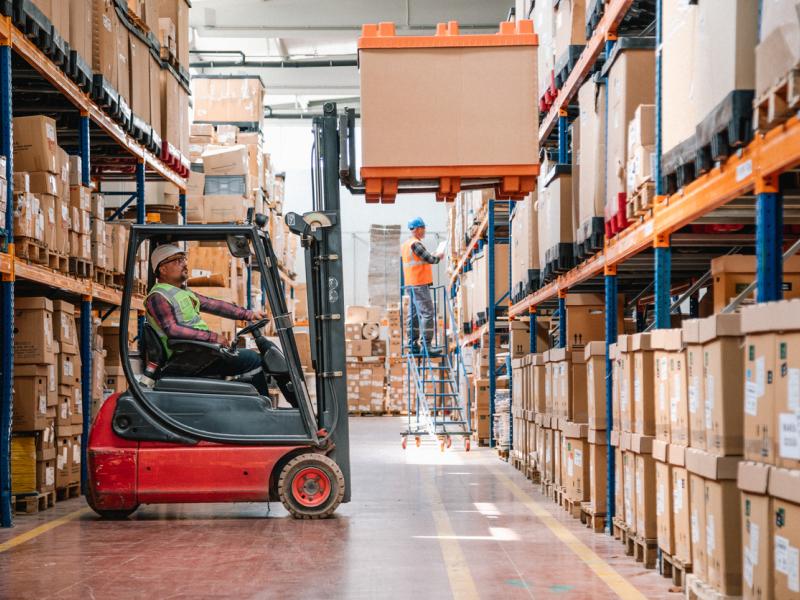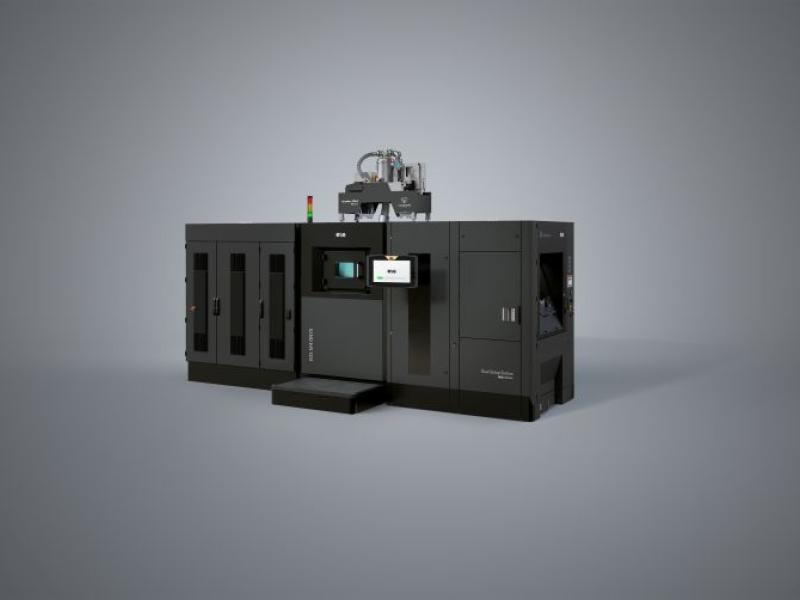Martin Simpson is the General Manager of Fraser Engineering, the largest manufacturer of Fire Engines in the pacific. The company, located in Wingate, Lower Hutt, employs 120 staff and is currently on hiring staff with an order book filled up for the next few years.
“The Hutt Valley has a huge manufacturing base. There’s not a lot we can’t do in this valley and across New Zealand. We have all the skills and resources as well as a lot of small companies that can act with speed and manufacture things quickly.
“The most important thing the Government can do in these turbulent times is to keep a strong manufacturing base in New Zealand. This will not only help solve the unemployment situation but it gives people purpose because the flow on effect from manufacturing to the benefit of all society is just massive.”
“Business is booming. During the lockdown we received orders for another 20 vehicles around NZ and Australia. So, we are in full hiring mode now and will be employing people for the next six months at least. We are also looking to invest further in high speed machinery and technology to try and keep up capacity as we look to expand into several states across Australia.”
Despite all this, Fraser Engineering experienced some major bumps in the road in the early stages of lockdown because they struggled to get placed on MBIE’s essential services list to continue operating during level 4. Simpson says if it wasn’t for the Hutt Valley Chamber of Commerce, of which the business is a member, the damage to his company would have been significant.
“It was essential for our business to maintain manufacturing capability throughout the lockdown period, our customers throughout Australasia required parts and service for the emergency services and if it wasn’t for Chief Executive Helen Down and the team at the Chamber advocating on our behalf to get us on MBIE’s essential services list, the damage to our company would have been mind-blowing. It gave us the confidence to bring back and manage a skeleton staff during the lockdown, continue production and keep our machines going. We are incredibly grateful for the Chamber’s hard work and determination to get us back up and running.”
“The Hutt Valley has such a strong manufacturing base and it can play a significant role in the Covid-19 recovery on both a local and national scale. It’s imperative we invest and focus on what we have in our own background. We have the technology, talent and resources to manufacture local and this will only help fuel the economy and create much need employment opportunities,” said Helen Down, Chief Executive Hutt Valley Chamber of Commerce.
Once back in operation, Simpson became aware the shortage hospitals were having sourcing protective gear so they worked with local company Flight Plastics to come up with a cost-effective, tailor-made face shield after consultation with staff at Hutt Hospital. They produced about 4000 disposable plastic face shields in total and sold about 400 of the full mask system they developed.
“Interestingly, the price of shields skyrocketed during lockdown with shields coming in from China up from $10 to $60. Naturally, this would make it extremely difficult for business owners and organisations to buy the shields, so we created an opportunity for not only local manufacturers to make them but our price point was significantly lower – $15 a mask and the plastic shield was $3.50,” he said.
Simpson says is just one example of manufacturing capability in New Zealand.
“The fire industry is a potential billion-dollar industry. We could employ 1000 people catering for the fire industry. We make everything on site and have full control of the whole cycle. In theory, we are one of the greenest manufacturing bases in the whole country because we don't have trucks running all over the place and we have that speed to market.
“We should be leading manufacturing and positioning ourselves as producers of innovative high-quality products. There is no reason why we can’t make cars, trains and boats in this country. We have done it all before and our politicians need to realise that manufacturing is a viable option and a strategic asset, and provides one of the most stable incomes in the world,” said Simpson.






